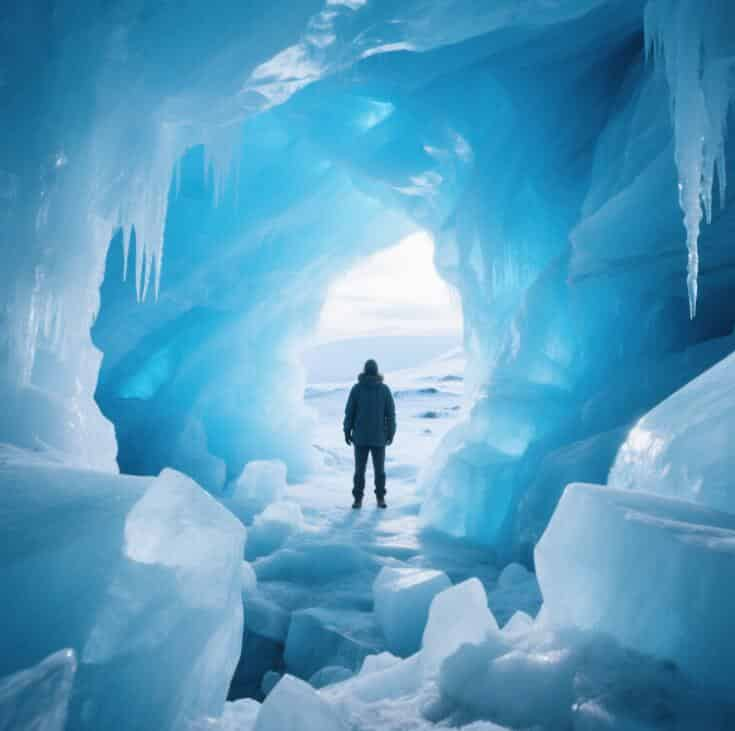Travel is more than just visiting new places—it is a profound exercise in perspective-shifting that challenges our assumptions, expands our understanding, and often changes the course of our lives. In an era where virtual experiences abound, the physical act of crossing borders remains one of the most effective ways to break free from cultural myopia and develop genuine global citizenship.
The Cognitive Benefits of Cultural Immersion
Neuroscience reveals that travel literally rewires our brains:
- Bilingual environments boost cognitive flexibility (University of Chicago)
- Navigating unfamiliar streets enhances spatial memory by 30% (Cambridge study)
- Cultural adaptation increases creativity for up to 6 months post-trip (INSEAD research)
When we bargain in Istanbul’s Grand Bazaar, practice calligraphy in Beijing, or learn traditional fishing techniques in Zanzibar, we’re not just collecting experiences—we’re forging new neural pathways that make us better problem-solvers at home.
The Geography of Emotion
Certain destinations have become emotional landmarks in human consciousness:
- The humbling silence of Antarctica’s ice deserts
- The vertiginous awe at Grand Canyon’s edge
- The bittersweet melancholy of Venice’s fading grandeur
These “emotional waypoints” create lasting psychological imprints. A 2023 Stanford study found that travelers recalling such moments show increased activity in brain regions associated with meaning-making and self-reflection.
Travel as Antidote to Digital Overload
In our screen-saturated lives, travel offers rare opportunities for true presence:
- Digital detox retreats in Bali’s rice terraces
- Silent meditation journeys along Japan’s Kumano Kodo trail
- Astronomy-focused tours in Chile’s Atacama Desert
The absence of notifications allows for deeper engagement with our surroundings. Participants in unplugged travel programs report 40% higher satisfaction levels compared to conventional vacations (Cornell Hospitality Quarterly).
Ethical Travel in the Climate Era
The new generation of travelers is redefining exploration:
- Carbon-neutral sailing expeditions to the Galápagos
- Indigenous-led cultural tours in Australia’s Outback
- Refugee chef dining programs in Berlin and Amman
Platforms like Kind Traveler now verify the social impact of lodging choices, while apps like FairTrip highlight businesses reinvesting in local communities. The paradigm is shifting from “take only photos” to “leave positive footprints.”
The Unexpected Teachers
Some of travel’s greatest lessons come from spontaneous encounters:
- A Moroccan carpet merchant explaining Sufi philosophy
- A Kyoto gardener demonstrating wabi-sabi principles
- A Bolivian shaman’s perspective on Western anxiety
These micro-mentorships often provide more lasting wisdom than guided tours. Anthropologists call this “accidental pedagogy”—the unplanned educational moments that occur when we travel with open curiosity.
The Return: Seeing Home Through New Eyes
The most profound travel transformations often manifest after returning:
- Recognizing unconscious biases in our own culture
- Appreciating previously overlooked local wonders
- Implementing lifestyle changes inspired abroad
The French have a term for this—”dépaysement”—the disorientation that comes from being outside one’s habitual environment, and the subsequent re-evaluation of home. It’s this homecoming perspective that often proves most valuable.
Conclusion: Travel as Continuous Education
In a world that increasingly rewards narrow specialization, travel remains the last great generalist education. It teaches economics through Bangkok’s floating markets, physics via Iceland’s tectonic plates, philosophy in Athens’ agora. More than leisure activity or status symbol, thoughtful travel is becoming recognized as essential human development—one that builds the cognitive flexibility, emotional intelligence, and cultural fluency needed for our interconnected future.
As Rebecca Solnit writes, “Never get so focused on your destination that you miss the journey.” The true voyage isn’t measured in miles but in millimeter shifts of perception—those subtle but seismic changes in how we see our world and ourselves within it.
